With over a dozen books written about the Nigerian Civil War, it looks like we are on a long journey to achieving closure. Almost 60 years since the last bullet was shot, the Biafra story continues to bestride our national psyche.
Although the current book takes a personal angle in the Biafra puzzle, it is still a loud addition to the civil war narrative. The book is titled: “Victor Banjo: An Untold Account of the Nigerian Civil War,” published in 2018. The author is Deji Yesufu, an electrical engineer and blogger who writes mostly on Christian themes. Yesufu’s other books include Half a Millennium: An Introductory Text on Protestant History and Reformed Theology, and Humanity.
The book: “Victor Banjo: An Untold Account of the Nigerian Civil War,” is a nonfiction book written to “create a drama plot of what happened in the final months of Banjo’s life.” So the author states that the book “makes an attempt to debunk the misconception one might have had towards the gallant officer, Lieutenant Colonel Victor Banjo, who was misconstrued by his close associates.
Yesufu therefore pens the work to add his voice to the unending narrative of the Nigerian Civil War and the first military coup of January 15, 1966.
The author seeks to tell one of the untold realities of the person of Victor Banjo, whom he referred to as a revolutionary who had imbibed socialist doctrines in the late 1950s.
In the work, the author postulates that Banjo did not partake in that January 15th 1966 coup, though those who carried out the coup had espoused similar socialist ideals like Victor Banjo. The author also showcases pleasant attributes of Banjo, inviting the reader to embrace those positive ideals. He also asks the reader to embrace nationalism which Banjo vehemently sought, and pursued a strong and united Nigeria.
In 98 pages, the author gives the reader a medley of various sub-themes around the Nigerian civil war story. We are invited into the life of Victor Banjo, his brilliance and intelligence, and his giant leap in the Nigerian Army. We are told about his training abroad, and how he caught the bug of socialism. We are told about how he was a true nationalist, thus developed friendship across Nigeria. We read that he was able to transcend the narrow-mindedness of tribalism that pervaded the nation during his time. For instance, Deji Yesufu writes (p7) that Banjo was very popular with the junior officers in the army.
Also Read:
In the work, Victor Banjo: An Untold Account of the Nigerian Civil War, the author gives insight into the political atmosphere of post-colonial Nigeria and explains the events that led to the January 15th 1966 coup, and the circumstances that led to its failure. He also gives us a character analysis of the major players in that coup. So people like Chukwuma Kaduna Nzeogwu, Adewale Ademoyega, Captain Anuforo, as well as Major Emmanuel Ifeajuna, among others were given space in the work. In other words, the author describes the coup plotters as revolutionaries, and gives us a glimpse of their manifesto.
This includes political restructuring of the nation by dividing northern and southern Nigeria into seven states each; changing the capitalist bent of Nigeria toward a socialist society where industry, agriculture, trade, education and wholesome economic stability were encouraged. The author tells us that they sought to institute free and compulsory education for all Nigerian children, among other things.
The author also states in the book that the coup was not aimed at exterminating a particular tribe; the plan was to arrest key political figures and military officers. According to him, the large number of northern officers and politicians killed was mainly because this was the tribe in power, and unfortunately, most of them resisted arrest.
In the book, Deji also exposes the atmosphere of mistrust that pervaded the military rank and file after the first coup, and what led to the counter-coup. He also writes for the reader, why Victor Banjo was arrested and clamped into prison by the Ironsi government despite the fact that Banjo helped Ironsi to run his government as its Chief of Staff.
The recurring refrain in the book is that it is primarily written to clear the air about Victor Banjo’s roles in the first coup of 1966 and the Nigerian Civil War. Thus the author writes that it was a lie to say that Banjo was part of the January 1966 coup. And he strongly argues that the ring leaders of the coup drew officers mostly from within their ranks or from ranks lower than theirs, as Banjo was an officer senior to those men. Also, surviving members of the inner nucleus of the coup, Major Adewale Ademoyega stated in his memoir Why We Struck, that banjo was not one of them. Finally, the author argues that none of the persons who partook in the coup denied it. However, Banjo consistently denied that he was part of the coup plot not so that he might avoid punishment, but for the mere fact of upholding what was true and factual.
In the book, the author also set in perspective the roles of Banjo in the civil war, his relationship with Col Emeka Ojukwu, his arrest and detention on account of suspicion and how he was killed.
However, the author wonders why the officers involved in the July 29th coup were not jailed. He laments the double standard in the assignment of punishment meted out to those who were involved in the counter-coup as against those involved in the January 1966 coup. This therefore set the stage for the long, big horse whip that the author has for Gowon in his work.
Ultimately, Deji Yesufu scatters eulogies throughout the book for Banjo, and he regrets that Banjo’s death reveals so much about what is wrong with Nigeria. “Perhaps, if his story had been better known, the crisis we are witnessing as a people would long have been forestalled,” the author quips.
The last chapter of the book is titled: “Can this Happen Again?” And he goes ahead to provide an answer. He writes (p91): “The sincere answer to whether or not the darkest part of Nigeria’s history can happen again is: yes, it can. And the pursuit of every sincere Nigerian who has any love for this country should be to avoid a recurrence of these events.”
The author then gives a medley of events and actions of some Nigerians in the last few years to show that if proactive measures were not taken, the country might experience a crisis. Some of the events include the unresolved threats of northern youths, the IPOB saga and the rage of other non-state actors. Deji believes that there has been very little concerted effort to bring development to Igbo land even since the last bullet was shot in the civil war. He also argues that the government must realise that non-state actors are beginning to dominate various spheres of Nigerian life today, suggesting that the government needs to have its ears to the ground.
He concludes by insisting that to bring closure to the Biafra story, the Nigerian government must address the injustices of the past and work out structures that will be favourable to every one of us.
. Olatunbosun is a broadcast journalist, fact-checker and book reviewer at Splash FM 105.5, Ibadan. He can be reached via 08023517565 (SMS and WhatsApp only) and email: molatunbosun@splashfm1055.com.
Post Views: 10



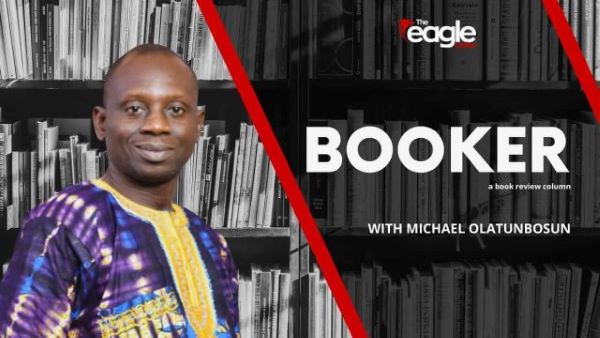




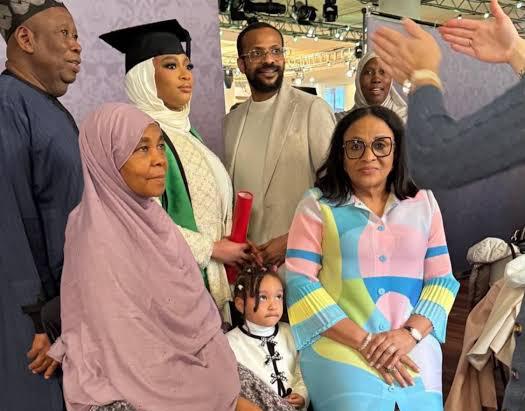


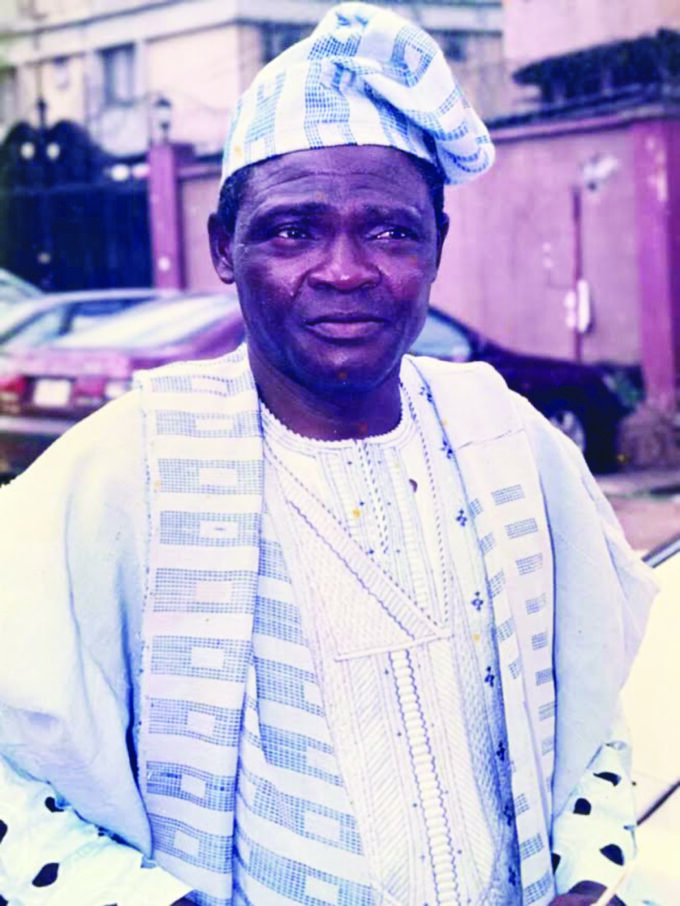

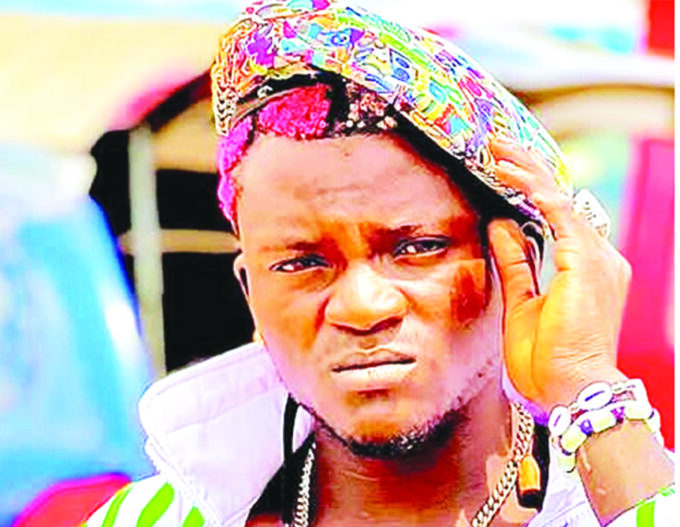





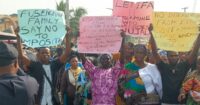
Leave a comment